May 22, 2025 | 20:51 GMT +7
May 22, 2025 | 20:51 GMT +7
Hotline: 0913.378.918
May 22, 2025 | 20:51 GMT +7
Hotline: 0913.378.918
In September, with the support of the Vietnam General Council of Agriculture and Rural Development, enterprises in the field of lobster breed incubation and rearing, as well as Vietnamese lobster exporters, participated in a ceremony to sign a memorandum of agreement to invest in lobster cultivation in Indonesia.
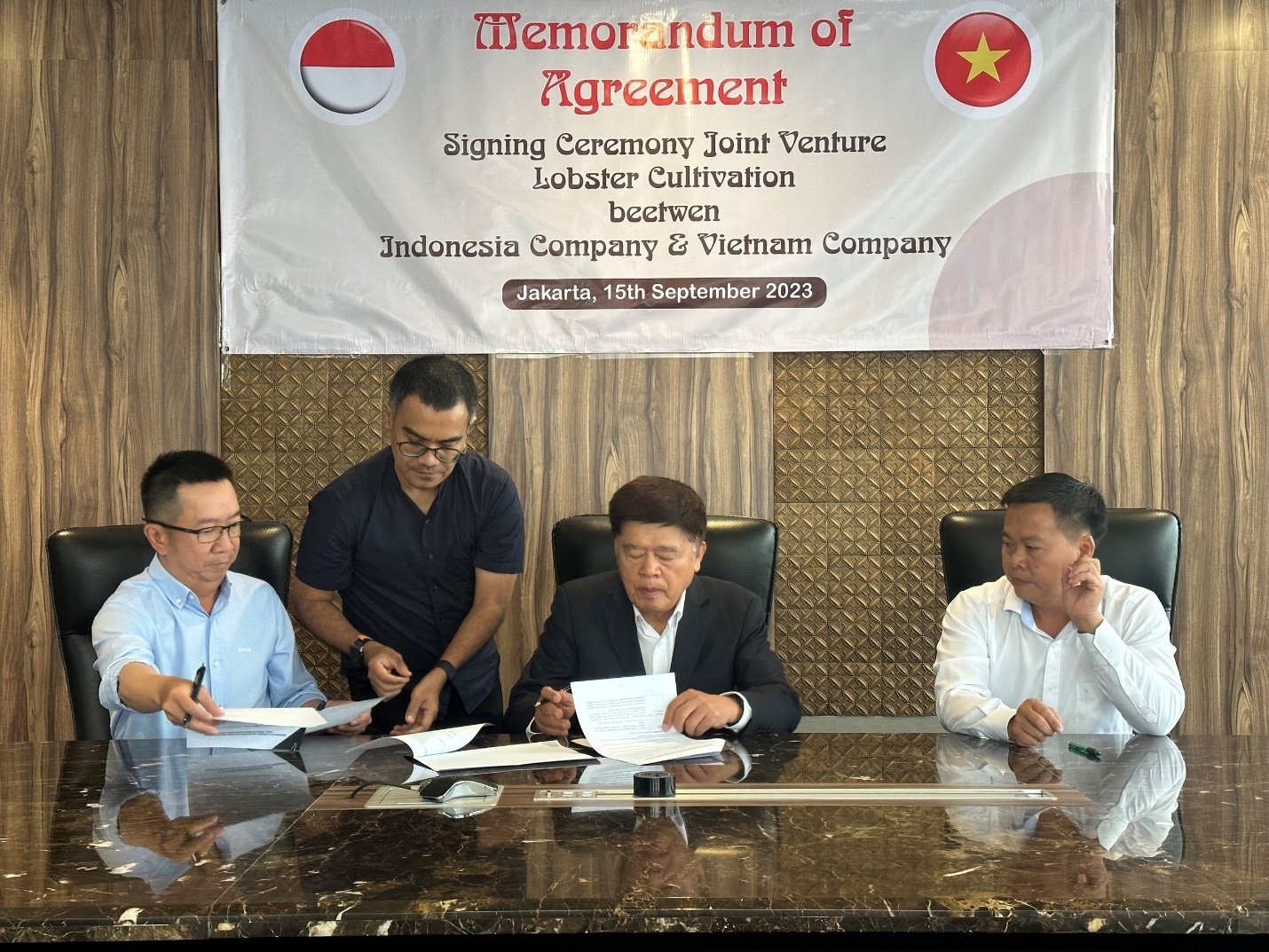
Mr. Nguyen Chi Ngoc - Vice Chairman of the Vietnam General Council of Agriculture and Rural Development at the signing ceremony in Indonesia.
According to information disclosed by the Vietnam General Council of Agriculture and Rural Development, imported lobsters of unknown origin are presently overwhelming the country, posing a risk of epidemics. Most lobster breeds are imported from the Philippines, Indonesia, and Singapore... in large quantities but without documents proving origin, without going through border gates, without following customs procedures according to regulations, and committing quantity and type of goods when going through customs procedures.
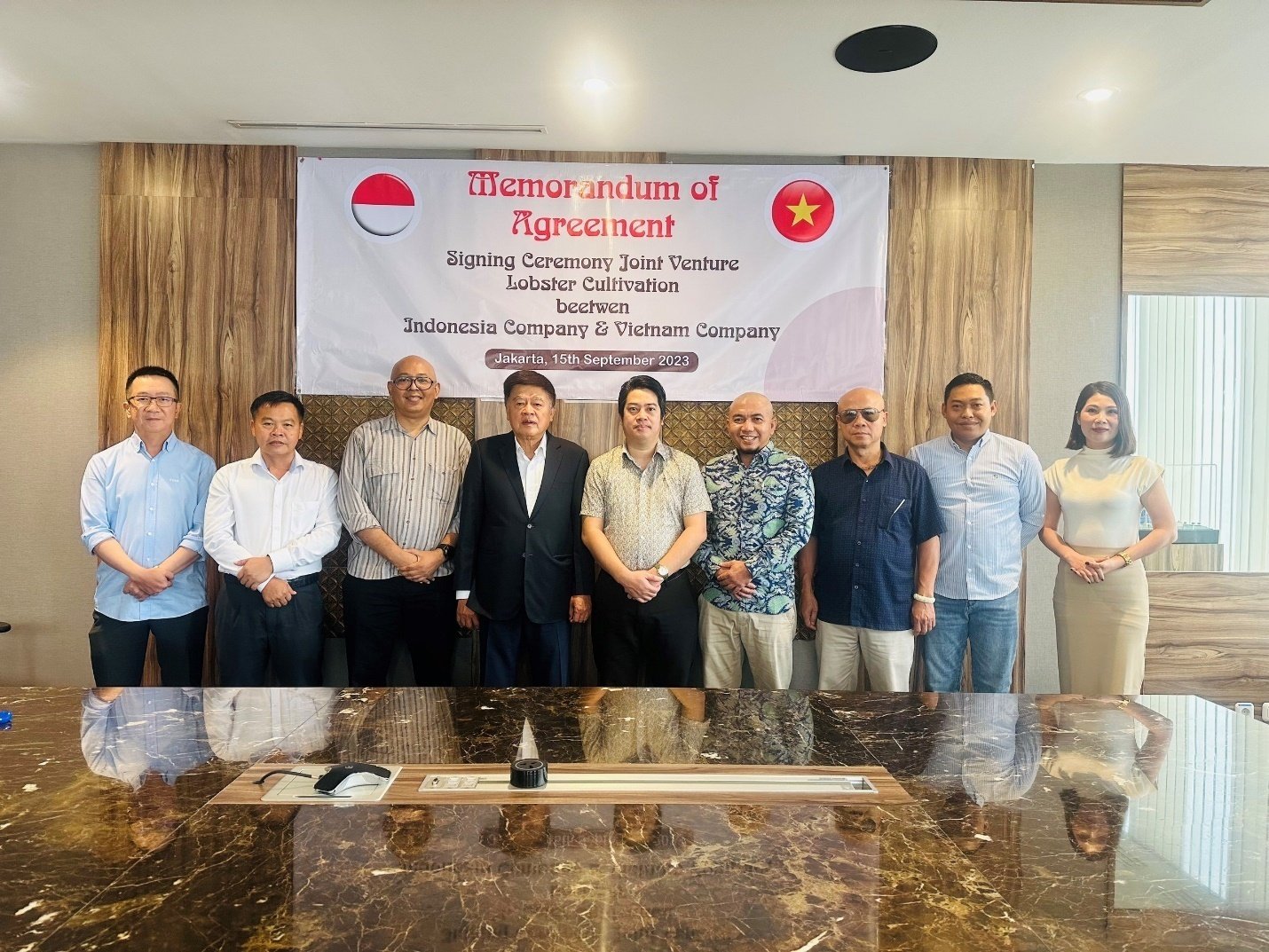
Vietnamese and Indonesian businesses signed the MOA in Jakarta.
According to the General Assembly, in order for domestic lobster aquaculture to develop sustainably, it is necessary to organize and construct a chain of secure and high-quality lobster products. Particularly, the objectives are research activities on lobster varieties, sustainable and effective lobster farming, assuring quality and safety of farming, and meeting both domestic consumption and export demands.
It is common knowledge that Indonesia is the greatest natural source of crustacean eggs in the region. However, the lobster farming and export industry in this market has not developed significantly due to a lack of experience with farming methods and techniques.
Indonesia, meanwhile, has an urgent need to establish a clean and sustainable lobster farming industry based on wild-caught shrimp embryos and cage farming. To develop this industry, it is necessary to employ the Vietnamese agricultural techniques currently in use.
Through MOA's cooperation in investing in lobster farming in Indonesia, Vietnamese businesses hope to receive assistance from the Government as well as the Indonesian business community in selecting the most productive farming areas based on the industry's specific requirements.
In addition, Vietnamese enterprises seek a reliable source of food for prawns during the cultivation process and a breeding ground for lobsters in Indonesia. This is also the basis for establishing a legal pathway for the Indonesian Ministry of Maritime Affairs and Fisheries to reopen the official lobster seed export market in Indonesia following a nearly three-year prohibition.
To register to invest and associate with Indonesian businesses operating in the crustacean industry, the Indonesian side requires Vietnamese businesses to be members of the General Council for Agriculture and Rural Development Vietnam. The Vietnamese companies that sign this MOU will be chosen to import lobster seedlings from Indonesia for testing prior to exporting them.
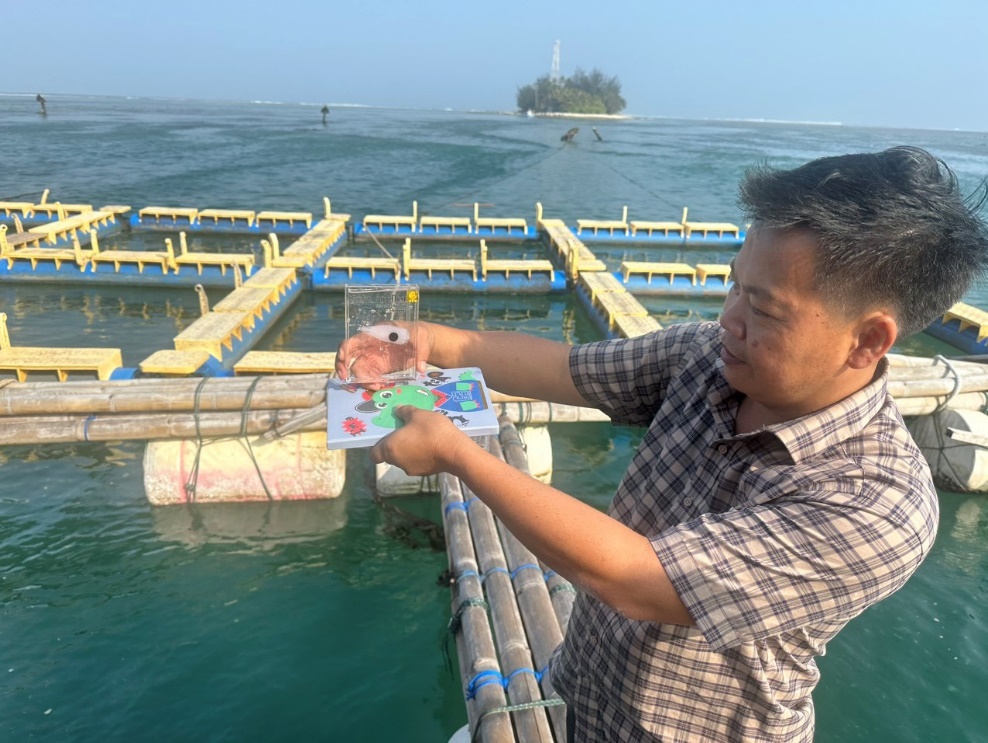
Mr. Tran Quang Vinh is testing water samples in an upcoming farming area in Indonesia.
Previously, the leaders of the General Assembly met with the leaders of the Indonesian Ministry of Maritime Affairs and Fisheries to discuss bringing shrimp aquaculture enterprises from the two countries together.
The General Council of Agriculture and Rural Development of Vietnam anticipates that the aforementioned cooperation will serve as the "foundation" for ensuring the implementation and replication of effective production models derived from practice and new technological advancements in order to popularize and replicate lobster farming and production models that provide high economic efficiency, stability, and sustainability.
The provinces of Khanh Hoa, Phu Yen, Binh Dinh, Ninh Thuan, and Binh Thuan contain the most lobsters. Lobster is the common term for the family Palinuridae's group of crustaceans.
As a prestigious and nutrient-dense seafood delicacy, lobsters have a high economic value. The South Central Coast of Vietnam has become the "kingdom" of crustacean cultivation in recent years.
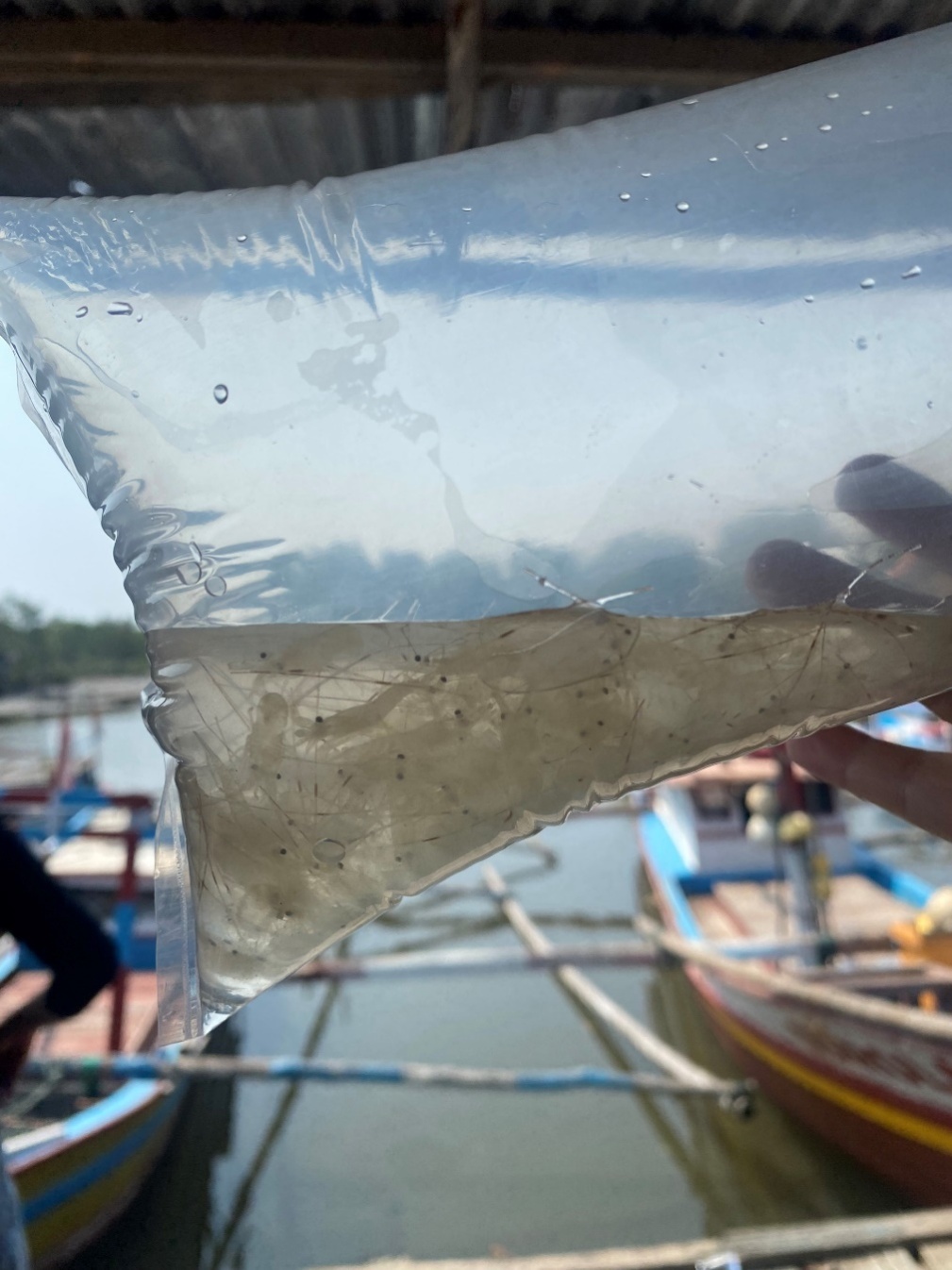
Lobster samples from Indonesia are about to be brought to Vietnam for farming.
Specifically, Phu Yen and Khanh Hoa are serving as "capital cities"
Vietnam's total lobster production surpassed 1,530 tons in 2017. It enabled lobster producers to generate more than 3,500 billion VND in revenue. In Vietnam, lobster is typically exported fresh and whole.
China and Singapore are the primary markets; the remainder is for domestic consumption. The annual export volume exceeds 1,200 tons (including lobsters captured in the open) with a turnover of approximately 40 million USD.
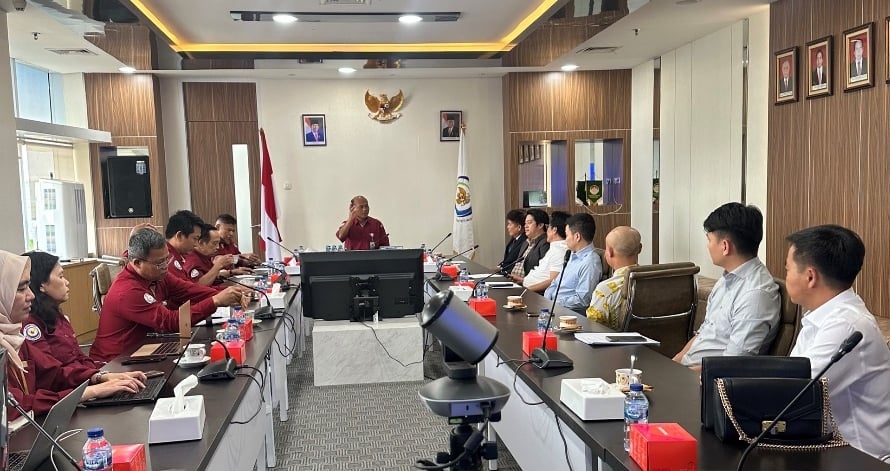
Vietnamese businesses had a working session at the headquarters of the Indonesian Ministry of Maritime Affairs and Fisheries.
The sector intends to increase lobster production to 1,940 tons per year by 2020, with a value of 3,200 billion VND. Around 2030, the output of farmed crustaceans should reach up to 2,200 tons with a total value of 4,300 billion VND.
Translated by Linh Linh
![Reducing emissions from rice fields: [3] New values generated from carbon credit](https://t.ex-cdn.com/nongnghiepmoitruong.vn/608w/files/content/2025/05/19/dsc09613-144700_71-150957.jpg)
(VAN) In addition to helping safeguard the environment, the low-emission rice cultivation model also generates new opportunities for farmers by leveraging the carbon credit market.
![Ho Chi Minh city adapts to climate change: [1] Vulnerable in the whirlwind of development](https://t.ex-cdn.com/nongnghiepmoitruong.vn/608w/files/duyenht92/2025/05/19/3131-ngap-nongnghiep-163121.jpg)
(VAN) As the country's economic engine with a rapid urbanization rate, Ho Chi Minh city is facing increasingly serious consequences of climate change.
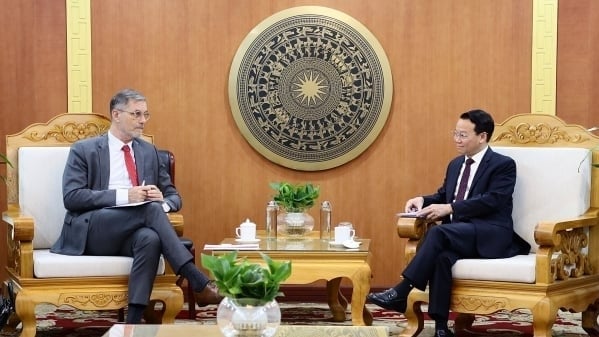
(VAN) On May 21, Minister of Agriculture and Environment Do Duc Duy worked with Mr. Olivier Brochet, Ambassador Extraordinary and Plenipotentiary of the French Republic to Vietnam.
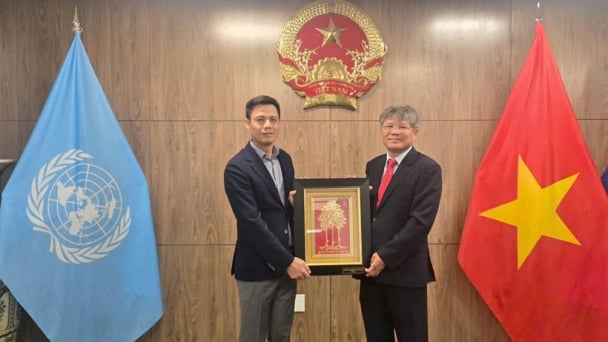
(VAN) VRG recently conducted a visit and working trip to the United States to demonstrate its efforts in redefining the role of rubber enterprises in the global value chain.

(VAN) In 2024, over 295 million people across 53 countries and territories faced acute hunger—an increase of almost 14 million people compared to 2023, while the number of people facing catastrophic levels of hunger reached a record high.

(VAN) World Environment Day 2025 (June 5) carries the theme 'Beat Plastic Pollution' continuing to emphasize the global urgency of addressing the plastic waste crisis.

(VAN) This was the assessment shared by experts at the workshop titled 'Assessing the Role and Potential of Low-Emission Rice Production Systems in Vietnam,' held on the morning of May 19.